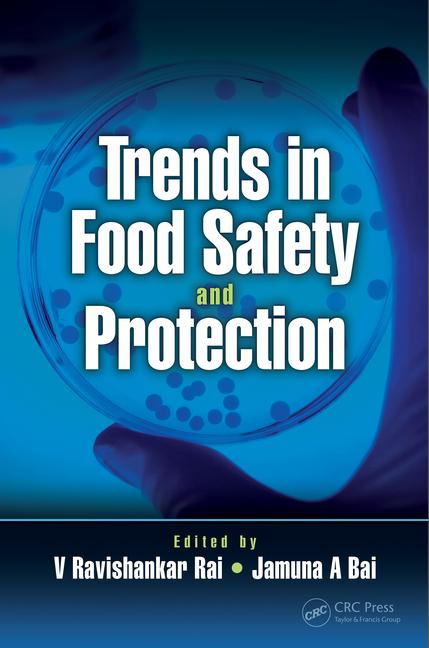Study Suggests that Pesticide Safety Assessment in EU Obstructed by Companies Hiding Toxicity Data

Image credit: Eric Brehm via Unsplash
A recent study, published in Environmental Health and authored by University of Stockholm researchers, suggests that the safety assessment of pesticides in the EU has been undermined by the nondisclosure of certain toxicity data.
In the EU, the safety assessment of crop protection chemicals relies largely on toxicity studies commissioned by the companies producing the chemicals. By law, all performed studies must be included in the dossier submitted to authorities when applying for approval or renewal of the active substance.
However, there is no general requirement to perform developmental neurotoxicity (DNT) studies for inclusion in dossiers. DNT refers to chemical-induced disturbances of brain development, which have been shown to lead to adverse cognitive consequences.
The present study evaluated whether data submitted to the U.S. Environmental Protection Agency (EPA) had also been disclosed to EU authorities for the same plant protection products. A total of 35 DNT studies submitted to the U.S. EPA with corresponding EU dossiers were found, 26 percent of which were not disclosed by the pesticide company to EU authorities. In seven instances, the researchers identified an actual or potential regulatory impact.
The researchers suggest that EU authorities cross-check their data with their counterparts in other jurisdictions. In addition, applications for pesticide approval should be cross-checked against lists of studies performed at test facilities operating under Good Laboratory Practice (GLP) to ensure that all studies have been submitted to authorities.
Finally, the researchers also argue that EU regulations should be amended so that future studies should be commissioned by authorities rather than companies, as well as to ensure that non-disclosure of toxicity studies carries a significant legal risk for pesticide companies.
Looking for a reprint of this article?
From high-res PDFs to custom plaques, order your copy today!








